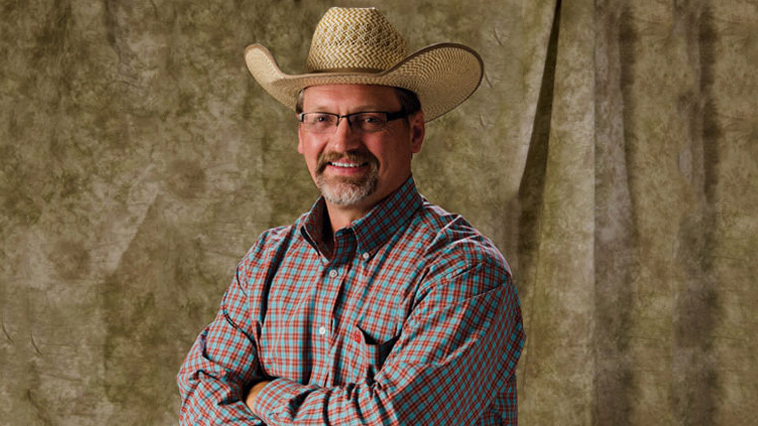


By Billy Smith
Whose woods these are I think I know.
His house is in the village, though;
He will not see me stopping here
To watch his woods fill up with snow.
When I ride near my Wise County, Texas, home, I often stop for a visit with Nancy Robertson and her twins, JA and NJ. They’ve never offered up what the initials are replacing; perhaps I’ll learn that in another visit. This time, I stop and my horse paws the ground; I dismount in preparation for a visit as if I were an invited guest from a century ago. I learn a little something each time, after which I’m usually confronted by more questions than answers.
The Robertson three live at the end of the dirt road that fronts my house. They’re a bit of an uppity clan; they live just off the black top called Pioneer Road in Bethel, inside a small, gated community. We live nearby on Zion Road; it’s a dusty dirt path with a half-dozen houses dotting the landscape.
Bethel is the closest thing to woods in my neighborhood, where horses, alpacas, cows and dogs share the horizon with a mess of other critters. In these parts of Wise County, Texas, critters are by definition all mammals worthy of shooting: skunks, armadillos, bunnies, jackrabbits and the occasional possum. While I keep the requisite .22 caliber rifle near my bed to greet the occasional varmint, the Robertsons rarely need such protection. They’re uppity, you know.
My little horse must think it queer
To stop without a farmhouse near.
Between the woods and frozen lake
The darkest evening of the year.
They surprised me the first time I laid eyes on them; from horseback, they weren’t easily spotted. But once sighted, I struggled to understand how the Robertsons could make a life so tucked away out here in the northern shards of Texas. It’s a grim sort of community with a handful of other residents who keep to themselves, long since giving their surroundings to the elements: sites unkempt and abused by the fast-growing native prairie grass. But the Robertsons have maintained prominence in the Bethel community, established by early settlers—struggling ranchers and farmers—in the late 1800s. With all that history, Nancy and her twins are reserved; they don’t give up much about themselves.
He gives his harness bells a shake
To ask if there is some mistake.
The only other sound’s the sweep
Of easy wind and downy flake.
It’s odd how a mother and her two children can end up here, lost in the passages of time and yet permanent fixtures who give no quarter to visitor, even the horseback kind. Each time I politely stride up to their gravesites, I envision that June 5, 1884, day when Nancy gave birth to two of her own and watched her dreams end almost as quickly. Sometimes in my vision, the birth is routine, punctuated by horror. At other times, it’s a painful, aching and screeching delivery fortified by the misfortunes of giving birth to twins at a time when birthing one baby in this unforgiving pasture would have been hard enough. When Nancy died on July 16, 1884, a few weeks after she’d committed her twin babies to the rocky Wise County earth, was it because of a broken heart or something more clinical, like an infection? Mr. Robertson isn’t with the three of them, at least not as I can tell. So what of a grieving father and husband from 130 years ago? Did he ever try again at the promise of a family, or were Nancy and the twins all he could stand? Perhaps that’s for another ride.
The woods are lovely, dark, and deep,
But I have promises to keep,
And miles to go before I sleep,
And miles to go before I sleep.
The oxidized headstones greet me each time I ride by, and I whisper a few words to Nancy and her two. We all have promises to keep.
SHARE THIS